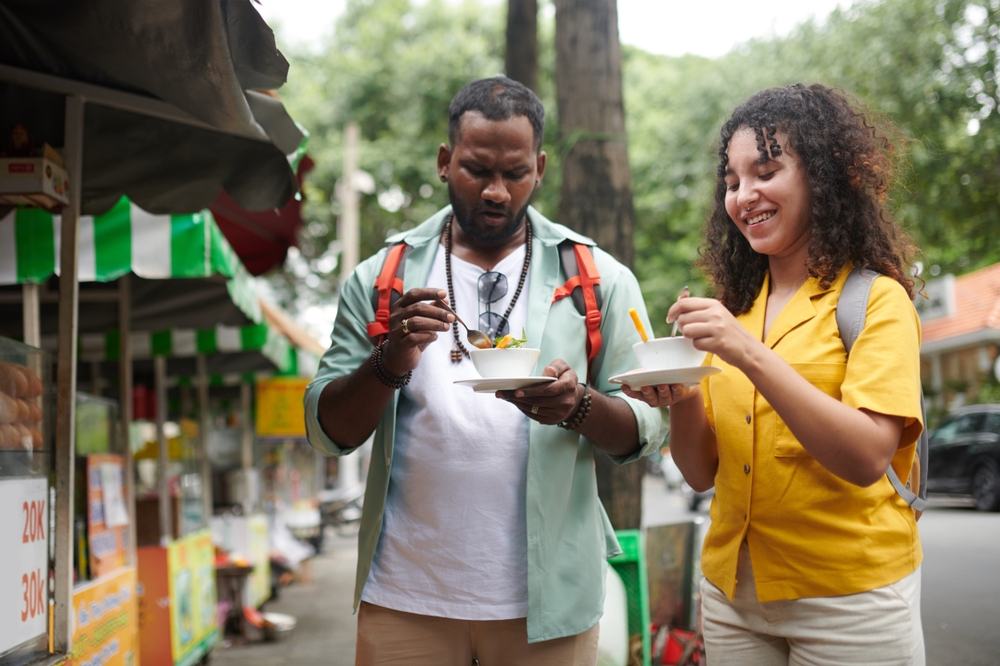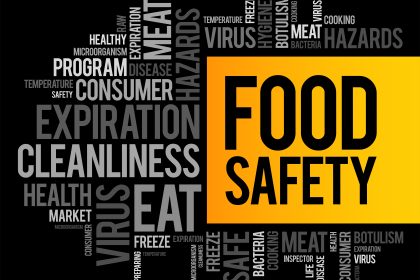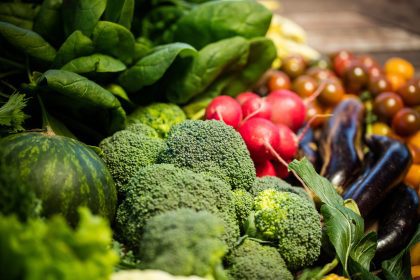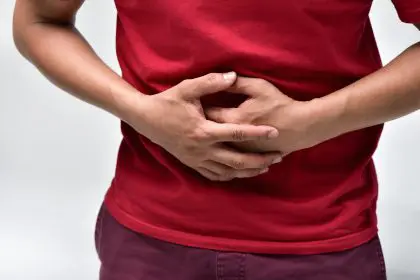Traveling abroad can be one of the most exciting and enriching experiences, offering new cultures, breathtaking sights, and unique cuisines. However, it can also come with its own set of challenges, especially when it comes to food safety. Consuming the wrong foods can lead to foodborne illnesses, which can quickly turn a dream vacation into a nightmare. To help you stay healthy and enjoy your travels, here are seven foods to avoid while traveling abroad.
Uncooked or undercooked meats
One of the primary concerns when eating abroad is the safety and preparation of meats. While dishes featuring raw or undercooked meats might be considered delicacies in some cultures, they can pose serious health risks. Bacteria and parasites, such as E. coli, salmonella, and trichinella, thrive in improperly cooked meats. Symptoms of these infections can range from mild gastrointestinal distress to severe, life-threatening conditions. To minimize risk, always opt for well-cooked meats and ensure that they are served hot.
Raw seafood
Seafood can be a highlight of many culinary experiences, but raw seafood, including sushi, sashimi, and ceviche, can be particularly risky. These dishes can harbor harmful pathogens like vibrio, norovirus, and parasites that are not killed by the cooking process. In regions with less stringent food safety regulations or where seafood is not as fresh, the risk is even higher. If you want to enjoy seafood, choose dishes that have been thoroughly cooked to ensure they are safe to eat.
Unwashed fruits and vegetables
Fresh fruits and vegetables are essential to a healthy diet, but when traveling abroad, they can sometimes be a source of contamination. Unwashed or improperly washed produce can carry harmful bacteria, parasites, and pesticide residues. In countries where tap water is unsafe to drink, even rinsing produce in local water can introduce contaminants. To avoid these risks, choose fruits and vegetables that can be peeled, such as bananas and oranges, or opt for cooked vegetables.
Street food
Street food offers a glimpse into the heart of local cuisine and culture, but it can also be a gamble in terms of food safety. Street vendors may not always adhere to the same hygiene standards as restaurants, increasing the risk of contamination. Factors like improper food storage, unsanitary cooking conditions, and lack of access to clean water can contribute to the risk. If you can’t resist the allure of street food, look for vendors with a high turnover of customers, as this usually indicates fresher food.
Dairy products
In many parts of the world, dairy products such as milk, cheese, and yogurt are not pasteurized, meaning they have not been treated to kill harmful bacteria. Consuming unpasteurized dairy can lead to infections from bacteria like listeria, salmonella, and E. coli. Additionally, in countries where refrigeration is not consistent, dairy products may spoil more quickly. To stay safe, choose pasteurized dairy products or consider alternatives like plant-based milks.
Tap water and ice
One of the most common causes of travel-related illness is consuming contaminated water. Tap water in many countries may contain bacteria, viruses, and parasites that can cause severe gastrointestinal distress. This also extends to ice, which is often made from tap water. To avoid these risks, drink bottled or purified water and avoid ice in your drinks. Additionally, be cautious with beverages that may have been diluted with tap water, such as iced teas or fresh juices.
Unfamiliar exotic foods
Part of the adventure of traveling is trying new and exotic foods, but some of these can pose unexpected risks. Dishes made from unusual ingredients, such as bushmeat, pufferfish, or certain wild mushrooms, can be toxic or improperly prepared. Additionally, your body may not be accustomed to digesting these unfamiliar foods, leading to adverse reactions. If you want to explore local delicacies, do so with caution and ensure they are prepared by reputable establishments.
Conclusion
Traveling abroad offers the opportunity to explore new cuisines and cultures, but it also requires a cautious approach to food safety. By avoiding these seven risky foods—uncooked meats, raw seafood, unwashed fruits and vegetables, street food, dairy products, tap water and ice, and unfamiliar exotic foods—you can significantly reduce your chances of foodborne illness and enjoy a healthier, more enjoyable trip. Remember, when in doubt, it’s always safer to choose well-cooked, thoroughly cleaned, and properly handled foods. Safe travels and bon appétit!












